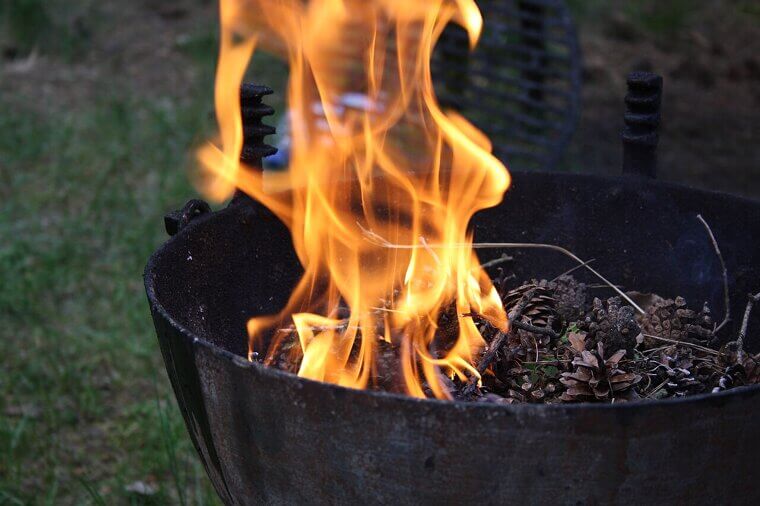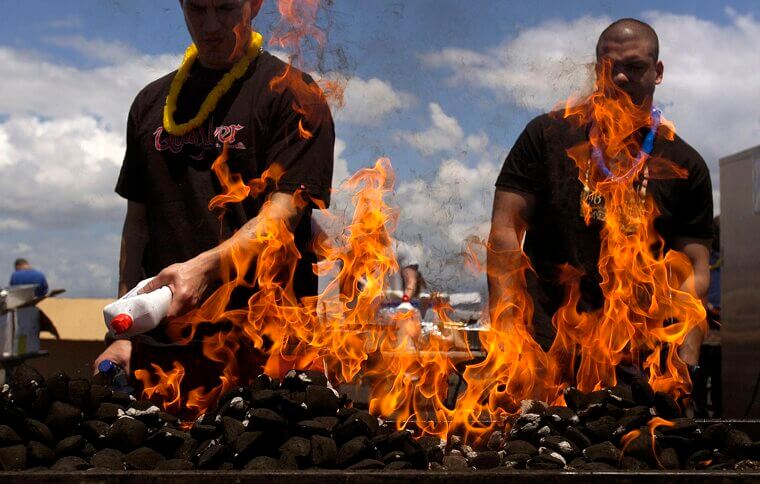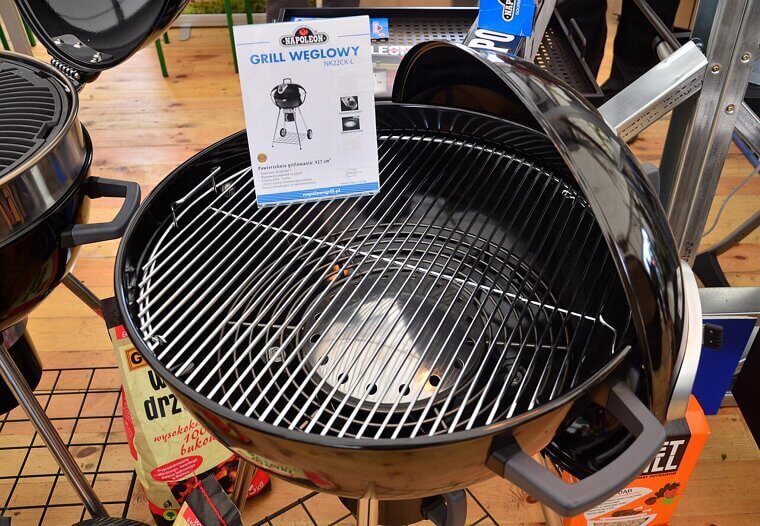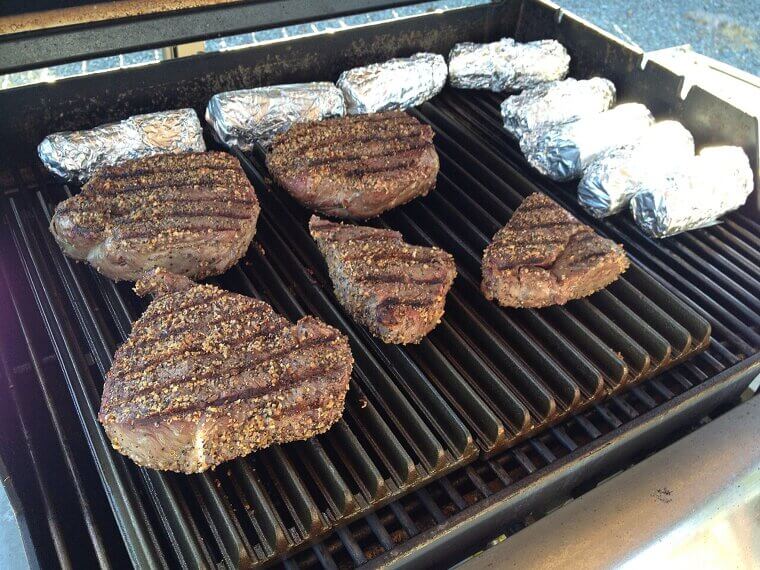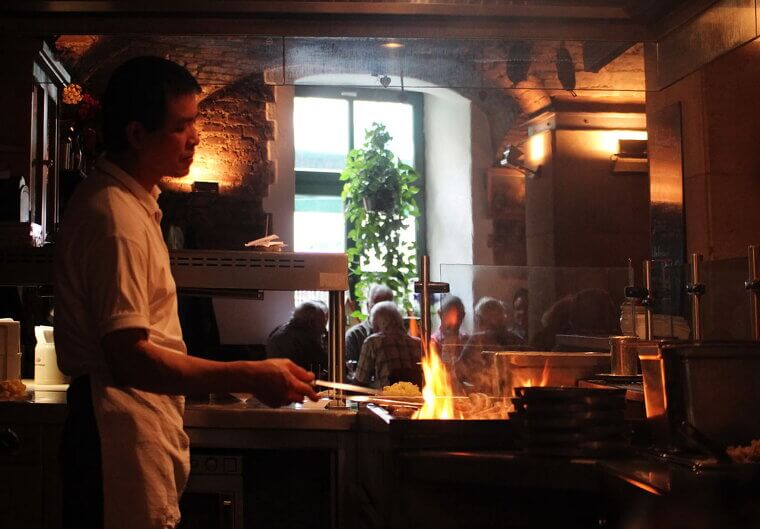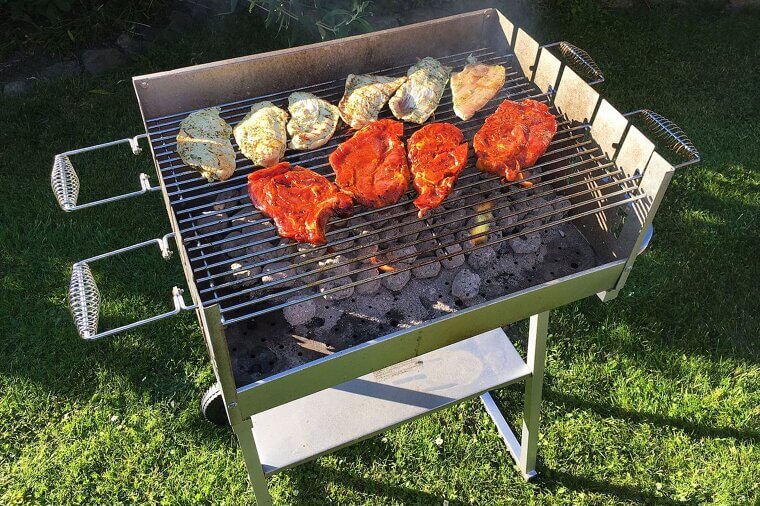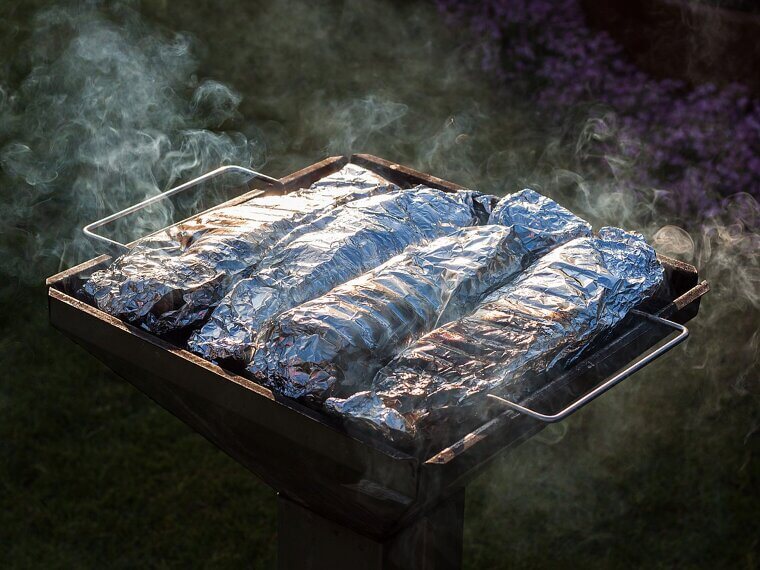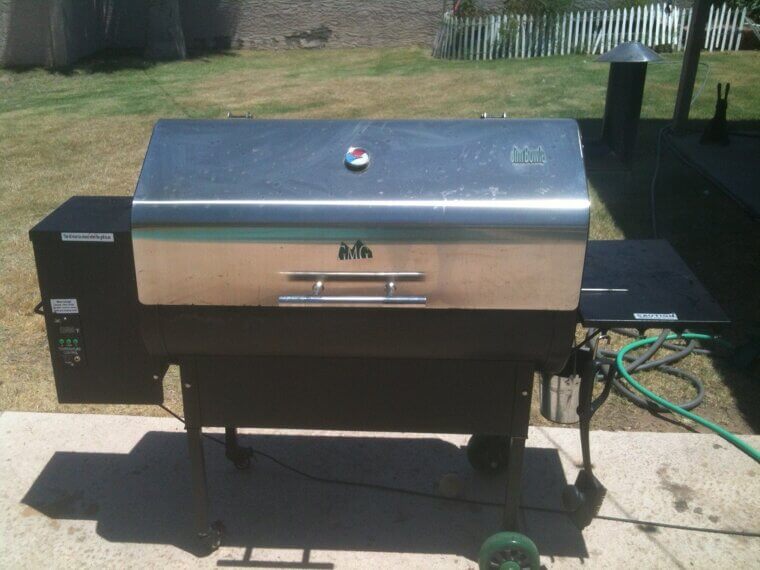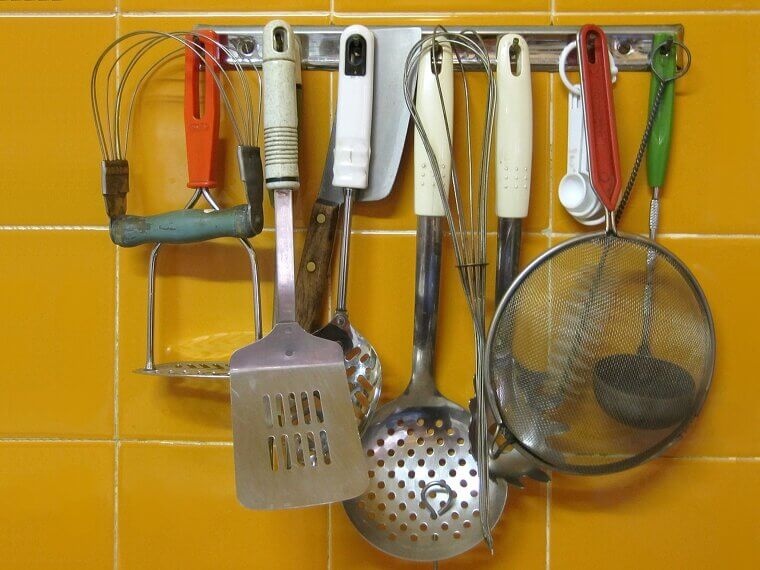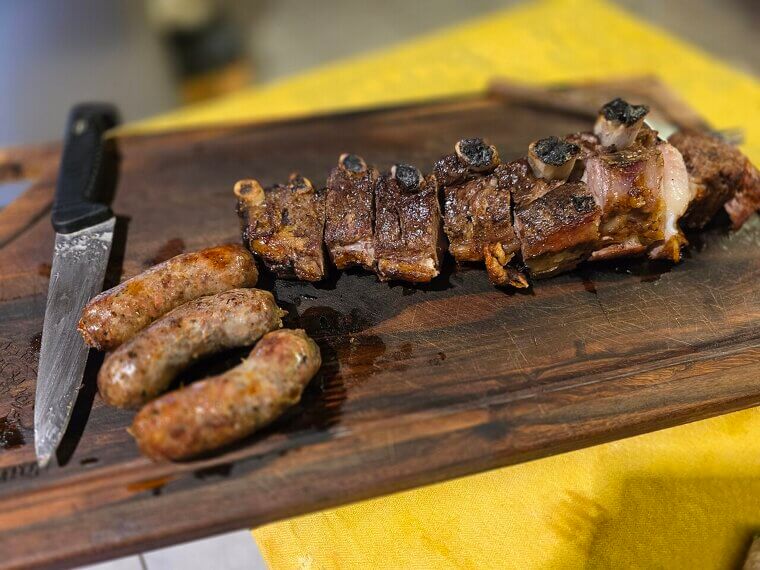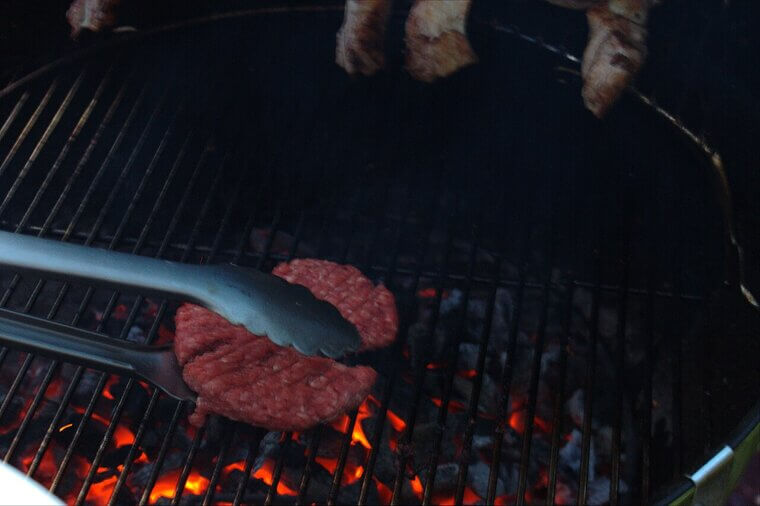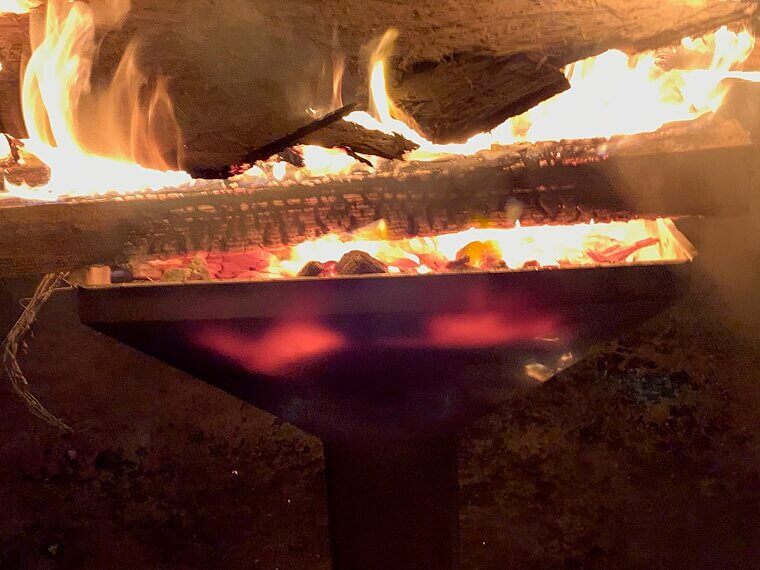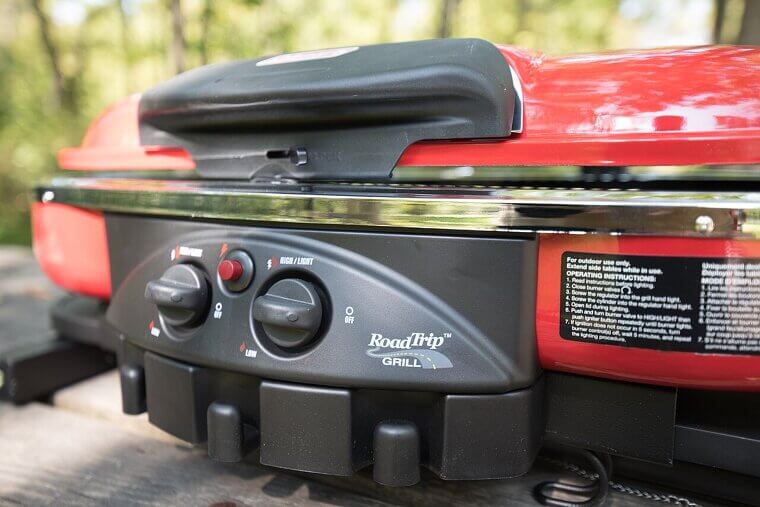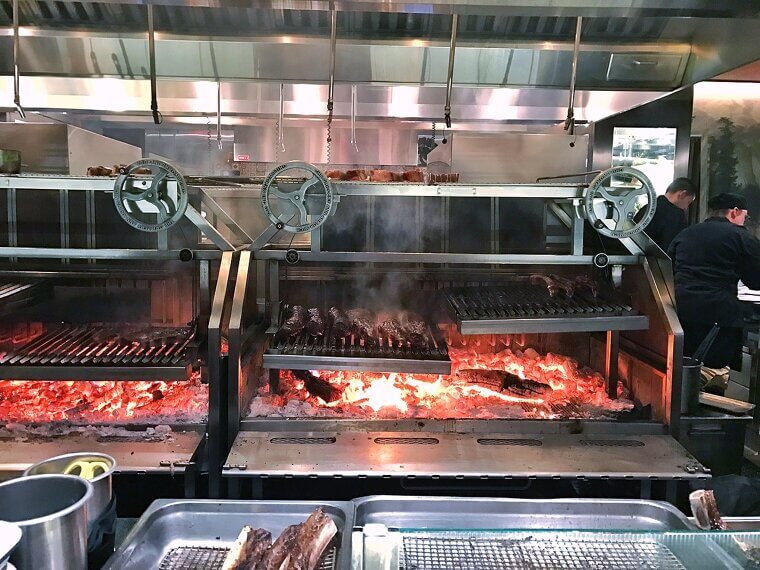Saucing the Meat Too Early
When you add sauce to your meat too early, the sugars will end up burning before the meat is actually cooked, leaving behind a charred taste. Moreover, the burnt sauce may cause the meat to stick to the grill, leading to an unnecessary mess in the long run.
Not Cleaning the Grill Before Cooking
One of the biggest mistakes many grill owners make is forgetting to clean it properly before cooking. Leftover residue will eventually lead to sticking and off-flavors. While many think that the fire will simply burn off this residue, it actually requires some elbow grease. Be sure to properly wipe down the grill using chemical-free products before cooking.
Skipping Preheating
Preheating is a very important step in cooking your food properly on the grill. If you forget to preheat, your meat is likely to cook unevenly and won't sear properly. As a general guideline, leave the grill to heat up for about 15 to 20 minutes before placing any food on it.
Using Too Much Lighter Fluid
Another common mistake that many grill owners make is using too much lighter fluid. Not only is this a waste of money, but it is also likely to leave a chemical taste on your food. Only use enough lighter fluid to get the fire going.
Not Oiling the Grates
If you forget to oil the grate before placing your food on the grill, it is likely to stick. If you are cooking vegetables or bread, it may even end up tearing. You would never place food in the oven without sufficiently oiling the pan - the grill is no different!
Cooking Food Straight From the Fridge
It is important to let your meat reach room temperature before placing it on the grill. Frozen meat should be left to defrost throughout the day. Placing cold meat on the grill can cause it to cook unevenly and dry out, ultimately affecting its overall taste and texture.
Cooking on Excessively High Heat
While many people think that cooking their meat on excessively high heat will reduce cooking time, it will actually just result in a burnt exterior and raw interior. As a general rule, the grill should never reach temperatures above 500 degrees Fahrenheit; 300 degrees Fahrenheit is ideal for even cooking.
Not Creating Heat Zones
By creating heat zones when cooking, you can ensure that everything cooks to a suitable temperature, rather than scorching some items and undercooking others. For example, bread and vegetables do not need to be cooked at the same temperature as meat.
Overcrowding the Grill
Overcrowding is a common mistake that almost all grill owners have made at some point. Placing too much food on the grill at once prevents proper airflow and results in uneven cooking. While it may take longer to cook items separately, the improved taste and texture will definitely be worth the extra effort.
Opening the Lid Too Often
Many people open their grill lid far too often, resulting in heat loss. While this may not seem like a big deal, it actually causes the food to cook much more slowly and even dries it out as the moisture also escapes.
Flipping Food Too Frequently
Flipping your food too frequently prevents proper searing and grill marks - both things that make grilled food taste that much better! As a general rule, leave the food to cook for about 5 minutes on each side before flipping. The thicker the meat, the longer you should leave it.
Using the Same Utensils for Raw and Cooked Food
Using the same utensils for raw and cooked meat can not only alter the taste of the raw food but also pose a risk to your overall health. Cross-contamination occurs when bacteria or other microorganisms are transferred from one food type to another.
Not Letting Meat Rest After Cooking
Allowing your meat to rest after cooking is essential in achieving optimal flavor and juiciness. As a general rule, leave your meat for between 3 and 5 minutes after grilling. For thicker roasts, around 15 minutes is ideal. This allows the juices to redistribute within the meat, resulting in a more flavorful final product.
Pressing Burger Patties With a Spatula
When you squeeze your burger patty with a spatula, you are essentially pressing out all of the flavorful juices. Instead, simply flip the patty and let the grill do all the work!
Skipping Marinades or Seasoning
If you don't season or marinade your meat, you are missing out! Forgetting this step will result in bland-tasting meat that doesn't do the grill any justice. Just be sure to choose condiments that will complement the taste and texture of your meat.
Ignoring Flare Ups
If you ignore flame flare-ups, you are likely to be left with charred or completely burnt food. More so, flame-grilled food often has a bitter taste, which overpowers the delicious flavor of the meat. Make sure to keep an eye on your grill in order to avoid flare-ups.
Check On Propane Levels or Charcoal Supply Beforehand
One major mistake many people make is starting to grill without checking the propane level or their charcoal supply. If you run out of either, the grill will shut down mid-cook. Even if you can get your hands on more propane or charcoal, your meat is likely to lose a lot of its juices while lying exposed on the grill.
Leaving the Grill Unattended
If you leave your grill unattended for even a few minutes, you drastically increase the fire risk. While you don't have to physically be standing in front of the grill at all times, make sure that someone is always in the general area.
The Improper Storage of Grill Tools
If you don't take care of your grill tools, they are likely to rust or become contaminated over time. The last thing that you want is bits of rust and metal falling into your food!
Failing to Cover the Grill After Use
Make sure you close your grill properly after use, as leaving it open can cause severe weather damage and drastically reduce its lifespan. This is mostly an issue if your grill is located outdoors. You can even buy a waterproof cover to protect your grill when it's not in use.



